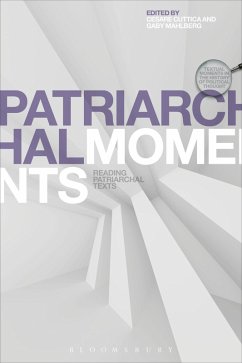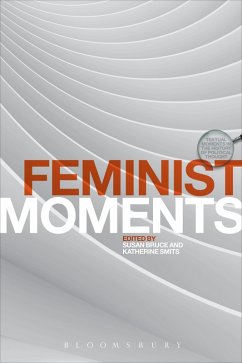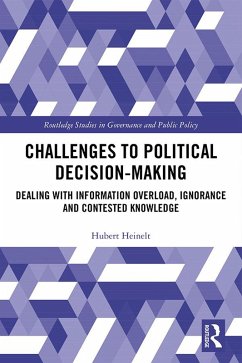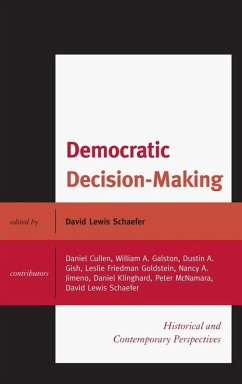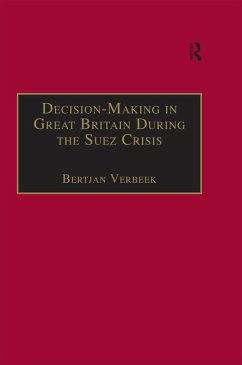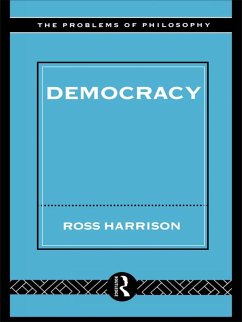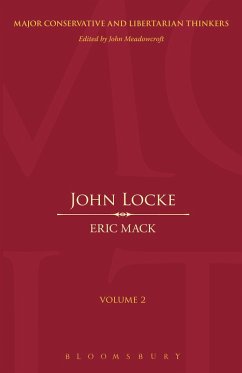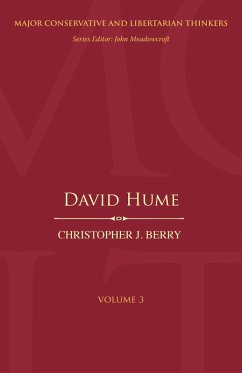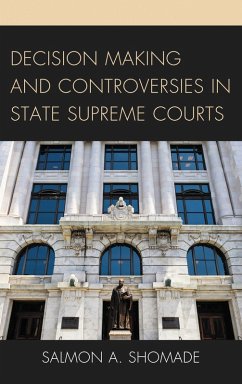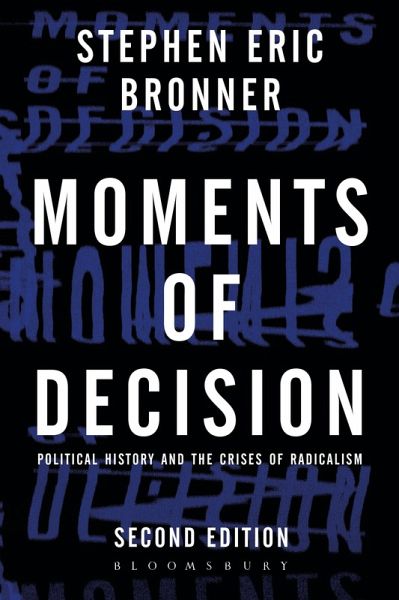
Moments of Decision (eBook, ePUB)
Political History and the Crises of Radicalism

PAYBACK Punkte
11 °P sammeln!
In this expanded second edition, the radical classic Moments of Decision has been updated more than 20 years since it was first published and received the Michael Harrington Book Award. Reexamining observations made after the fall of communism, Stephen Eric Bronner blends political meditation, philosophical critique, and history lessons to illuminate the monumental crises that shaped the 20th and 21st centuries. A cosmopolitan work that touches on the implications of conflicts ranging from World War I to the Arab Spring, Moments of Decision explores the assumptions of socialist historiography ...
In this expanded second edition, the radical classic Moments of Decision has been updated more than 20 years since it was first published and received the Michael Harrington Book Award. Reexamining observations made after the fall of communism, Stephen Eric Bronner blends political meditation, philosophical critique, and history lessons to illuminate the monumental crises that shaped the 20th and 21st centuries. A cosmopolitan work that touches on the implications of conflicts ranging from World War I to the Arab Spring, Moments of Decision explores the assumptions of socialist historiography and the character of modernity. In clear, accessible prose, Bronner has revived and revised a seminal work that is ideal for students, scholars, and anyone interested in political history, theory, and international relations.
PRAISE FOR THE PREVIOUS EDITION:
"To guess about the future Bronner has rightly looked into the past, going back to the first world war and the momentous split in the labor movement. His book is a learned, lively and inevitably controversial contribution to the political and historical debates of our age."
- Daniel Singer, THE NATION
"Stephen Bronner is a distinctive voice on the American left. He combines a deep understanding of working class political history with a passionate interest in devising a democratic strategy for our time, and is willing to take risks in saying just what that strategy should be. Bronner's analysis is both principled and shrewd, unsparing and hopeful. Even where one disagrees with it, one learns."
- Joel Rogers, University of Wisconsin Law School, Editor, POLITICS AND SOCIETY
PRAISE FOR THE PREVIOUS EDITION:
"To guess about the future Bronner has rightly looked into the past, going back to the first world war and the momentous split in the labor movement. His book is a learned, lively and inevitably controversial contribution to the political and historical debates of our age."
- Daniel Singer, THE NATION
"Stephen Bronner is a distinctive voice on the American left. He combines a deep understanding of working class political history with a passionate interest in devising a democratic strategy for our time, and is willing to take risks in saying just what that strategy should be. Bronner's analysis is both principled and shrewd, unsparing and hopeful. Even where one disagrees with it, one learns."
- Joel Rogers, University of Wisconsin Law School, Editor, POLITICS AND SOCIETY




